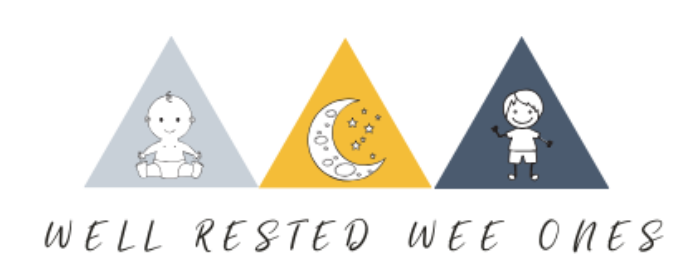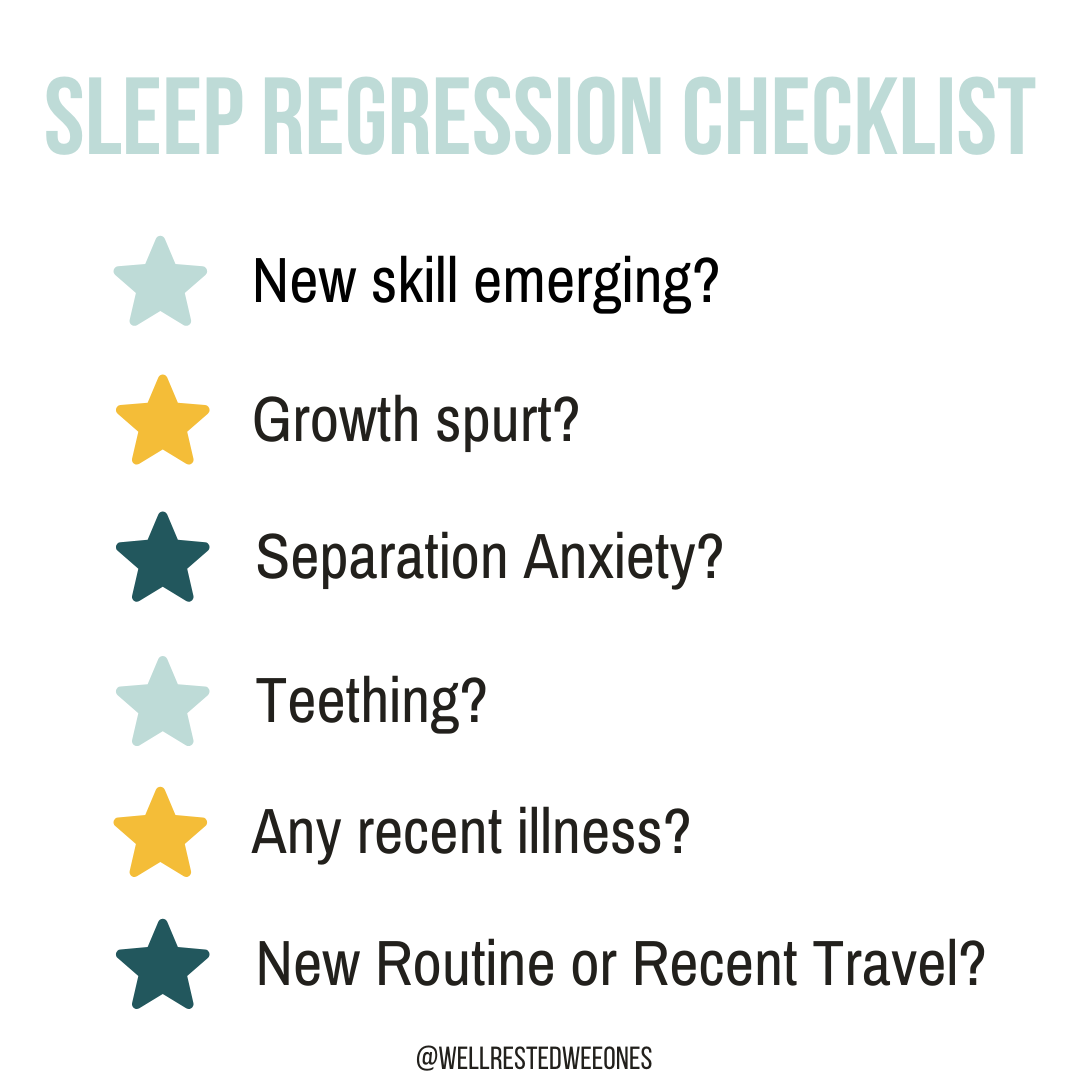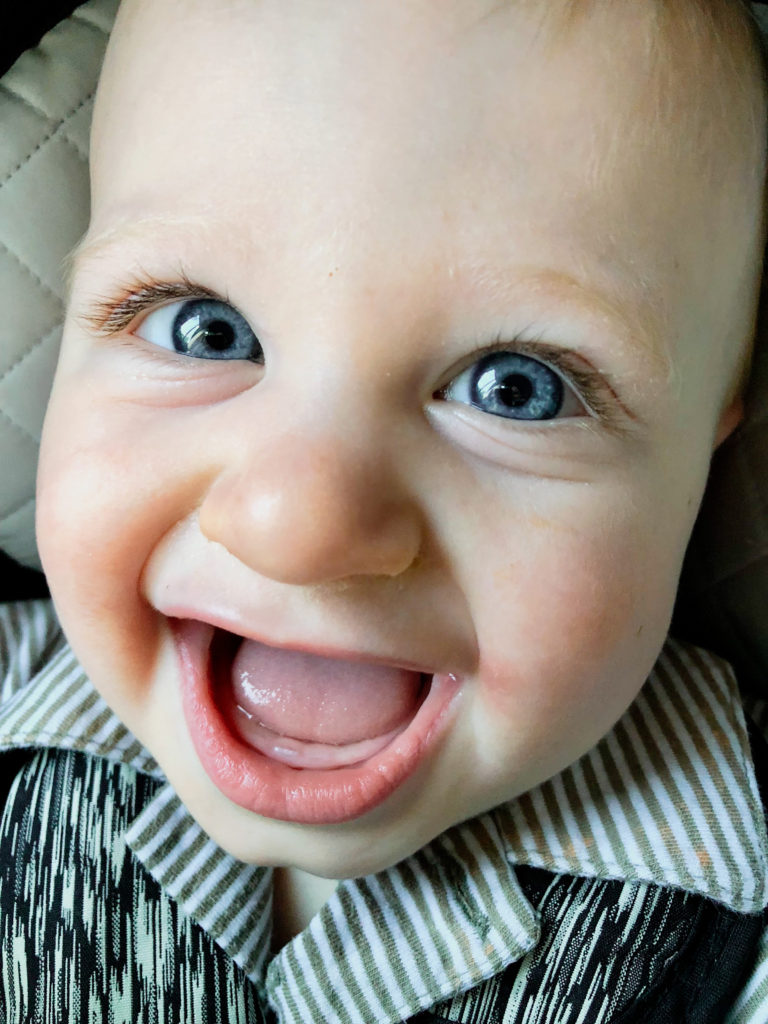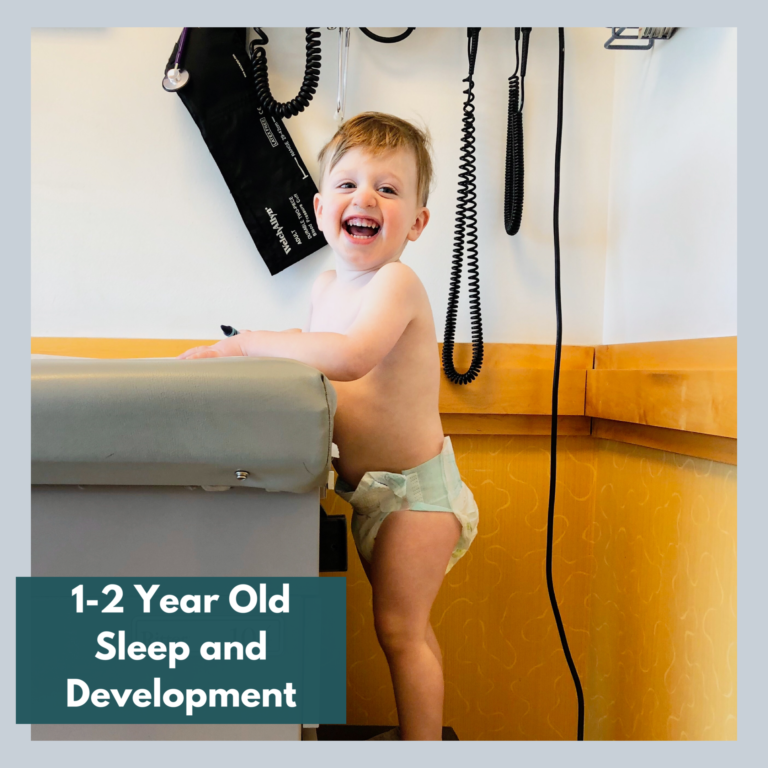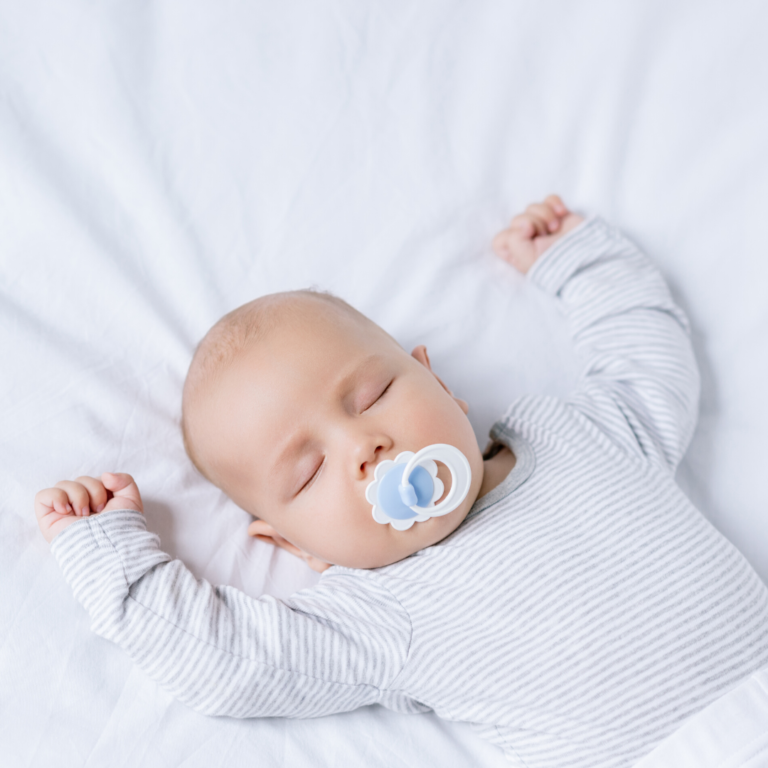Sleep Regression Checklist
Whether your baby has gone through a sleep regression or not, you’ve likely heard the term! The term “sleep regression” is a hot topic in the sleep world! Sleep regressions are real and may occur for a variety of reasons.
A sleep regression can come out of nowhere and last anywhere from 1-2 weeks.
If your baby’s sleep in not improving after 2 weeks, it’s time to determine if your baby any any sleep assocations and word toward falling asleep independently.
I’ve created a sleep regression checklist to help you determine what may be the cause of the new bedtime struggles, middle of the night wake ups, short naps, and early morning wake ups!
Do Emerging Skills Cause a Sleep Regression?
Is your baby learning how to roll over, sit up, crawl, pull to stand, or walk? Physical and motor milestones can wreak havoc in the sleep department as your baby will be looking to practice these new and exciting skills any chance they get!
The 4 month sleep regression is one of the first that coincides with your baby learning to roll over.
Is your baby going through a language explosion? This can also lead to wake-ups in the middle of the night with babbling or singing! So cute, but so tiring!
Give your baby many opportunities to practice new skills during the day and talk, talk, talk!
New motor and verbal milestones usually take 1-2 weeks to master! Try to avoid creating new sleep associations during times of disrupted sleep.
A Growth Spurt
Babies go through many growth spurts in the first two years of life. You may notice your baby’s appetite increase during these times. Make sure your baby is receiving full feeds frequently throughout the day! If your baby was previously sleeping through the night without a feed, you do not have to reintroduce a feed if they start waking overnight again.
Reintroducing overnight feeds can quickly turn into a habitual feeding pattern where your baby will start to expect to eat overnight again. If your baby falls asleep fast upon starting the feed or has trouble falling back asleep after the feed you can feel reassured that it’s not a hunger-related wake-up.
Separation Anxiety and Sleep Regression
This is a TOUGH stage to go through! I tend to see this hit hard between 8-10 months and again around 15-18 months. The moment you walk away after the bedtime routine or nap time, your baby starts bawling when they used to fall asleep quickly on their own. Same thing overnight!
If they happen to wake up briefly, they may cry for you. As hard as this stage can be, stay consistent as possible to avoid creating new sleep habits and associations. If you find yourself helping your baby fall asleep because of the increase in crying your baby may start to depend on this making it tough to remove in the future.
Does Teething Cause a Sleep Regression?
Your baby will get 20 teeth in the first few years of life! When are we ever going to sleep! The good news is that teething doesn’t have to affect sleep long-term!
Teething occurs intermittently and does not affect sleep every single night. Teething symptoms typically start 2-3 days before the tooth emerges through the gums and then 1-2 days afterward. If sleep is off-track longer than this time frame, look at overall sleep habits to determine if your baby has any sleep crutches that need to be removed.
Recent Illness or Ear Infection?
If your baby has been sleeping well and has sudden onset sleep disruptions you may need to check in with the pediatrician to determine if they have an ear infection. Ear infections can be uncomfortable and cause new-onset sleep disruptions. If your baby has had a recent illness, sleep may have gotten off track and caused new sleep associations. Once feeling better, start to work on independent sleep!
New Routine or Recent Travel
Has your baby started at daycare recently? Have you traveled recently? Both can cause a sleep regression with night overnight wake-ups and nap disturbances.
A new routine can take a couple of weeks to sort itself out. Be patient during this time and try to keep the daytime schedule consistent to help your baby get back on track. An earlier bedtime can be advantageous after traveling to help get your baby back on track!
tips to help with a sleep regression
- Stay consistent with your sleep routines
- Ensure your baby is on an age appropriate nap schedule-It may be time to increase wake windows or drop a nap!
- Work on falling asleep independently
- Stay consistent with your approach to all overnight wake ups
- Ensure your baby is getting enough sleep during the day
- Aim for an early bedtime between 6-8 PM
What resources are available to help me with sleep?
If you’re struggling with a sleep regression, I have a class for you. The 4-24 Month Well Rested Collection will walk you step-by-step through a completely customizable sleep training experience. In just a few weeks, your baby will be getting 11-12 hours of independent night sleep, AND you’ll have a plan to navigate any future regressions or bumps in your journey.
I’ll also help you set up a daytime routine and nap schedule that fits your family’s lifestyle and values. And you’ll get age-specific guidance to meet your baby right where he or she is developmentally at every stage from now until your baby turns 2.
For more personalized and comprehensive support we also offer 1:1 sleep coaching to families starting at 4 months of age! I have multiple options that can help your baby get their sleep back on track!
Please Share this Post with a Mama!
